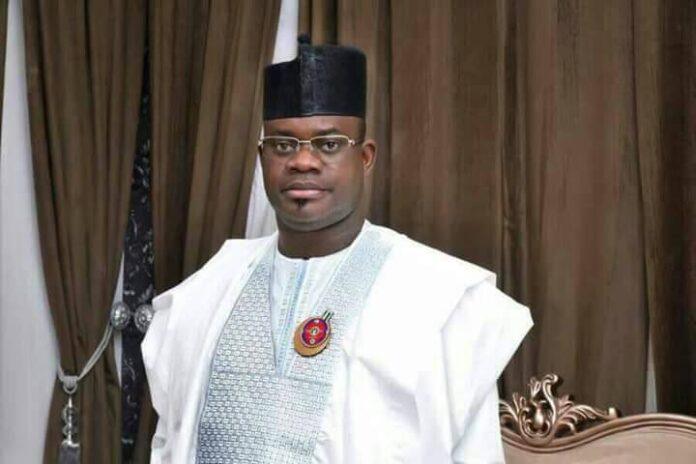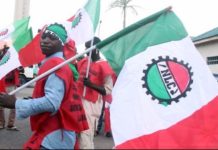Yesterday, the Lagos Division of the Court of Appeal upheld the temporary forfeiture order that the Economic and Financial Crimes Commission (EFCC) had filed about 14 properties that were purportedly connected to former Kogi State Governor Yahaya Bello.
In a practically delivered unanimous opinion, the appellate panel overturned a previous Federal High panel decision that had dismissed the EFCC’s case on the grounds of a serving governor’s constitutional immunity.
With Justices Danlami Senchi and Paul Bassi concurring, Justice Yargata Nimpar, who gave the lead opinion, concluded that the trial court erred in using Section 308 of the 1999 Constitution to stop the proceedings.
The judge ruled that property suspected of being the proceeds of a crime is not immune from scrutiny or preservation.
“The trial court made a mistake by dismissing the case instead of deciding whether the properties should be forfeited in the end,” she stated.
The Federal High Court in Lagos’s Justice Nicholas Oweibo rendered a decision that granted the EFCC the temporary forfeiture order. The judge had given the anti-graft commission permission to temporarily take possession of the 14 properties in Dubai, Abuja, and Lagos, United Arab Emirates (UAE).
An ex parte motion was filed by the agency to forfeit the assets, claiming that they were acquired through illegal means.
Along with allowing any interested party to provide justification for why the properties shouldn’t be permanently forfeited to the Federal Government, the court also mandated that the EFCC publish the forfeiture notice in two national newspapers.
The former governor contested the order through his legal team, claiming that the properties could not have been bought using public funds because they were obtained prior to his taking office.
Read Also: CoSPAL Urges Regional Legislatures to Deepen Cooperation
He additionally contended that the Proceeds of Crime (Recovery and Management) Act, 2022, could not be applied retroactively and claimed Section 308 of the Constitution to assert immunity from civil and criminal prosecutions.
Along with questioning the jurisdiction of the Federal High Court in Lagos, his attorneys also referenced an existing injunction from a Kogi State High Court prohibiting the EFCC from looking into the state’s financial statements.
Bello lives in Lokoja, but the lawyers claimed that the houses were outside of Lagos.
However, Rotimi Oyedepo (SAN), the EFCC’s counsel, urged the appellate court to maintain the agency’s statutory mandate, spearheading Hanatu Kofanaisa and Bilkisu Buhari-Bala.
The attorney maintained that the panel was not prohibited by any Nigerian court from looking into any economic offenses.
The opulent assets, which included an apartment in Dubai’s famous Burj Khalifa, were, he insisted, likely obtained with illegal money.
Another N400 million connected to the same inquiry was also asked to be forfeited in the interim by the EFCC.
Based on Bello’s immunity, Justice Oweibo had declared that the court lacked jurisdiction and dismissed the case. The EFCC, however, challenged the ruling.
Bello’s preliminary objection was dismissed by the Court of Appeal, which also determined that property preservation procedures were not covered by the immunity clause.
It directed that the final forfeiture hearing be held by the EFCC.
Join Television Nigerian Whatsapp Now
Join Television Nigerian Facebook Now
Join Television Nigerian Twitter Now
Join Television Nigerian YouTUbe Now




